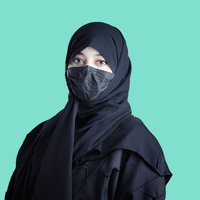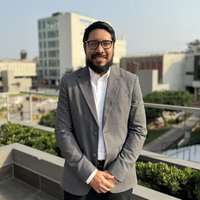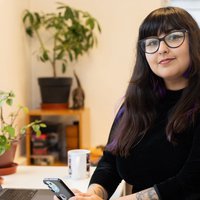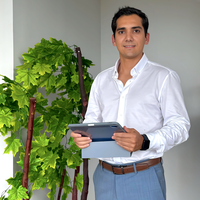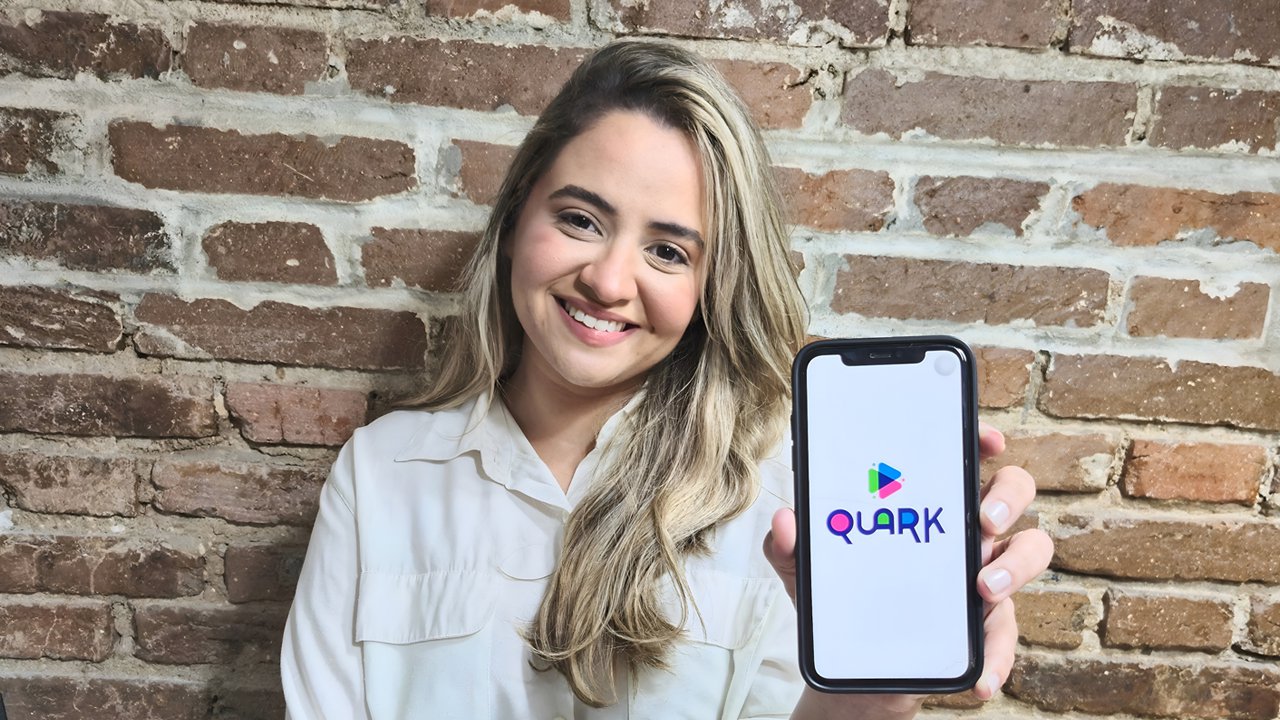In Brazil,
the transition from the education system to the job market poses a significant
challenge for young people. 18.7% of Brazilians between the ages of 18 and 24
are neither studying nor working. Among women, that figure rises to 24.7%,
according to the latest education report by the Organisation for Economic
Co-operation and Development (OECD). In 2023, the youth unemployment rate
approached 24%.
Ana Uriarte
(Brazil, 30 years old), a Brazilian entrepreneur, recognized a gap between
traditional education and the skills the job market demands.
“I’ve
always seen education as a powerful driver of social transformation,” she says. Uriarte
believes that education can improve young people’s socioeconomic and employment
opportunities. “When young
people have greater access to education, they can begin to dream of things they
might not otherwise imagine.”
She sees
education as key to preparing youth for the workforce. However, many essential
skills are not typically included in school curricula. These are soft
skills: attributes related more to personal values and behavior than to
technical knowledge. According to the Adecco Foundation, 80% of recruiters
consider these soft skills increasingly important in hiring processes.
Inspired by
another young Brazilian who dreamed of studying at Harvard, Uriarte is
convinced that encouraging
young people to explore new paths is the first step toward making those dreams
a reality and building a new future. That belief
led her to create Quark (plataformaquark.com), “a solution
that helps young people develop behavioral skills so they can be better
prepared for the job market.”
Quark is a
learning platform that trains youth in critical skills such as communication,
leadership, and emotional intelligence, essential for building any professional
career. Through microlearning and gamification, early-career professionals
access training that fosters an entrepreneurial mindset.
The
platform is designed to be simple and intuitive. Students begin by answering a
questionnaire, based on which a personalized learning path is generated. Each
time they complete a section, they earn a certificate, giving them a sense of
progression and motivating them to keep going.
But Quark
goes beyond education. With a strong social impact focus, it provides access to
this kind of learning for students in vulnerable socioeconomic situations.
According to the platform, 95% of its users are students from public
institutions. Quark currently supports students in over 50 cities across
Brazil, with more than 30,000 users and close to 100,000 hours of certified
training delivered.
The
platform has established itself as a reference point for youth education in
Brazil’s Northeast region. Its next steps include expanding into other regions
of the country and beginning the process of internationalization into other
Latin American nations facing similar challenges.
This
initiative has earned Ana Uriarte recognition as one of MIT Technology Review in Spanish 35 Innovators Under 35. It is not her only accolade—she is also an
ambassador for several innovation programs, including Colombia Tech Week,
Darwin Startups, CASE, and Reprograma. Additionally, she is a fellow of YLAI
(Young Leaders of the Americas Initiative), the U.S. State Department’s
flagship program for emerging leaders in Latin America, the Caribbean, and
Canada.
